Research and physiology in brief…
There has been extensive research undertaken, on the positive impact mindfulness and meditation has on well being, including specifically the MBCT program.
Mindfulness and meditation have been found to improve stress reactivity, mood and resilience and reduce anxiety and depression. It has been found that meditation regulates the nervous system by dampening down the emotional hub of the brain called the ‘limbic system’ and instead activates the ‘prefrontal cortex’ , which is the area of the brain known for ‘executive functioning’ (ie. decision making, working memory, perspective taking, impulse control). This in turn has an effect on the emotional resilience a person has in the face of stress and adversity.
It has also been found that meditation is linked to activation of a cranial nerve called the ‘vagus nerve’. This is important as the vagus nerve has parasympathetic control of the heart, lungs and digestive tract. Parasympathetic control means it controls the ‘rest and recovery’ of these three important body systems. Having high vagus nerve activity is said to lead to greater calm, resilience and recovery from stress more rapidly, greater social engagement and positive emotions.
Interestingly bringing awareness to your breathing and allowing it to slow down on its own (much like in meditation) increases the vagus nerve activity!
Research on Mindfulness Based 8 week courses:
There has been much research done on meditation and its effect on pain and also research into specific mindfulness based 8 week programs, the same or similar to this MBCT program.
This research has found improvements post mindfulness program in people’s pain levels, body image and reduction in pain medication. Additionally it was also shown to reduce anxiety, relapses of depression, improved immunity responses, reduced feelings of loneliness, decreased blood pressure and also lowered measures of stress hormones. Even more significant is that actual brain matter changes have been consistently found! Meaning the areas of the brain associated with emotion regulation and perspective taking were actually found to be thickened and alternatively the areas of the brain associated with fear, anger and stress reactivity were found to be thinner.
So there you have it, the research on mindfulness is encouraging, where by introducing regular meditation into your life there should be some sort of positive impact on your body and well being. This of course can vary between individual’s and will depend on consistency of practice and continuing this practice throughout your life beyond the 8 week program in some sort of way that suits you.
Reference List:
Barnhofer et al, Mindfulness-based Cognitive Therapy as a treatmnet for chronic depression: A preliminary study, 2009
Davidson and Begley, The emotional Life of Your Brain, 2012
Fennell, Depression, low self-esteem and mindfulness, 2004
Holzer et al, How does mindfulness meditation work? Proposing mechanisms of action from a conceptual and neural perspective, 2011
Holzer et al, Mindfulness practice leads to increases in regional brain gray matter density, 2010
Holzer et al, Stress reduction correlates with structural changes in the amygdala, 2010
Kabat-Zinn et al, Alterations in brain and immune function produced by mindfulness meditation, 2003
Kabat-Zinn et al A four year follow up of a meditation based program for self-regulation of chronic pain: Treatment outcomes and compliance,1986
Kabat-Zinn et al, Effectiveness of a meditation-based stress reduction program in the treatment of anxiety disorders, 1992
Kabat-Zinn, Full catastrophe Living, 2013
Teasdale and Ma, Mindfulness-based cognitive therapy for depression: replication and exploration of differential relapse prevention effects, 2004

